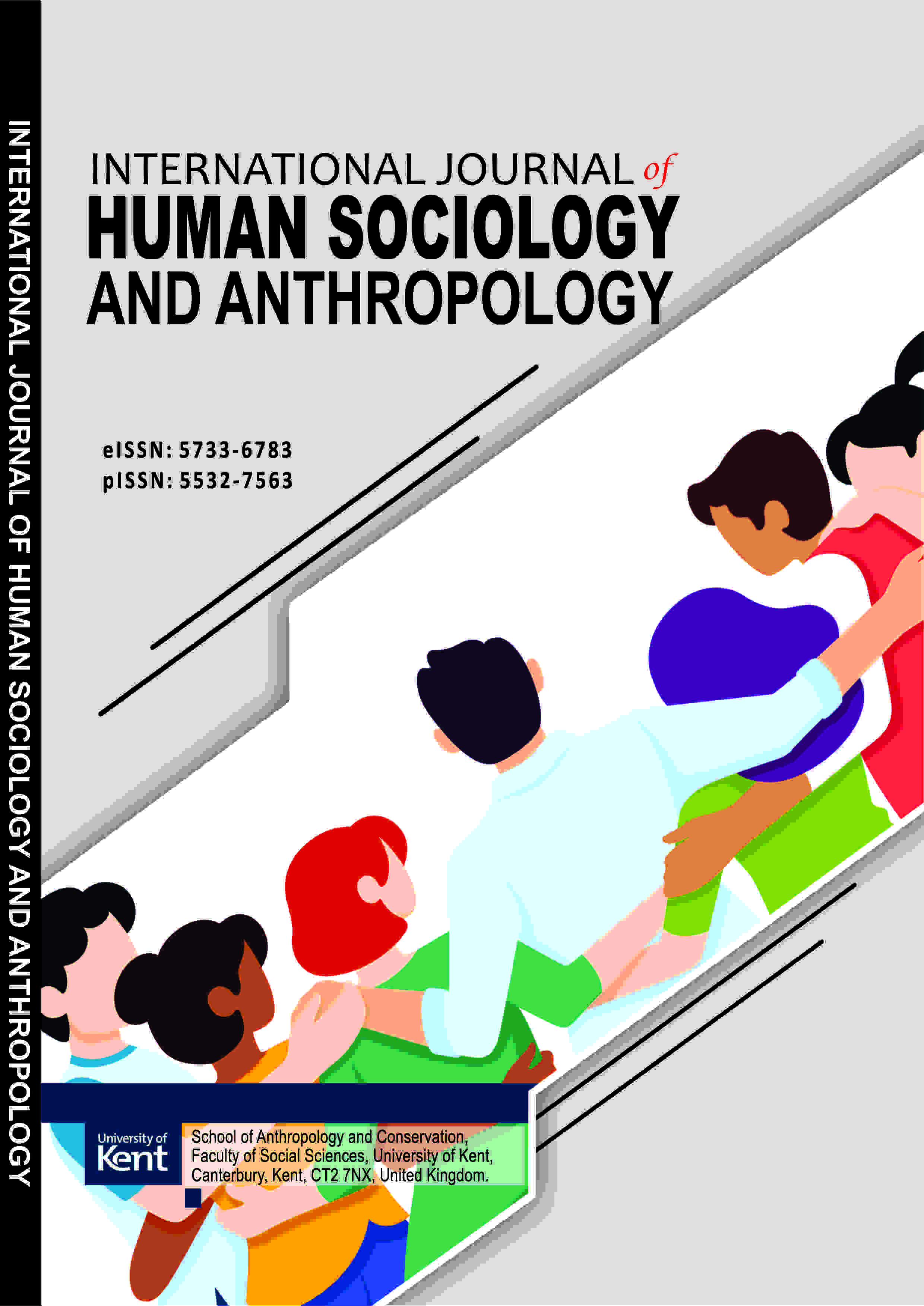INTERNATIONAL JOURNAL FOR HUMAN SOCIOLOGY AND ANTHROPOLOGY (IJHSA)
ARCHIVING MALAYNESS IN MUSEUMS, POWER AND KNOWLEDGE: MALAY ETHNICITY IN THE NUSANTARA MALAY ARCHIPELAGO
E-ISSN: 5733-6783
P-ISSN: 5532-7563
DOI: https://iigdpublishers.com/article/330
This paper examines the role of museums in shaping Malay identity in post-World War II Malaysia, a nation grappling with rapid decolonization and the complexities of nation-building. It argues that national museums serve as microcosms for constructing Malaysian Malay identity within a nation-state framework, acting as public institutions that preserve ethnic memories and facilitate identity formation at both national and local levels. By analyzing the museumization process—where artifacts are stored and displayed as symbols of "Malayness"—the research highlights how museum spaces influence community perceptions and discourse around Malay identity. Utilizing Foucault's theories, the study explores the arrangement of objects within museum exhibition halls and dioramas to uncover the dynamics of power, knowledge, and identity preservation. Ultimately, this investigation positions museums as critical sites for understanding the intersection of Malay ethnic identities and the broader narratives of nationalism in a postcolonial context.
Mohammad Reevany Bustami & Yi-Chang Chang
Abt, J. (2006). The Origins of the Public Museum. In S. Macdonald, A Companion to Museum Studies (pp. 115-134). Malden: Blackwell.
Anderson, B. (2006). Imagined Community. London: Verso.
Barbara Watson Andaya, L. A. (2017). A History of Malaysia (Third Edition ed.). London, Andaya, Barbara Watson / Andaya, Leonard Y.: Palgrave
Macmillan.
Evers, H.-D. (2016). Nusantara: History of a Concept. Journal of the Malaysian Branch of the Royal Asiatic Society, 3-14. doi:10.1353/ras.2016.0004
Foucault, M., & Miskowiec, J. (1986). Of Other Spaces. Diacritics, 16(1), 22-27. doi:https://doi.org/10.2307/464648
